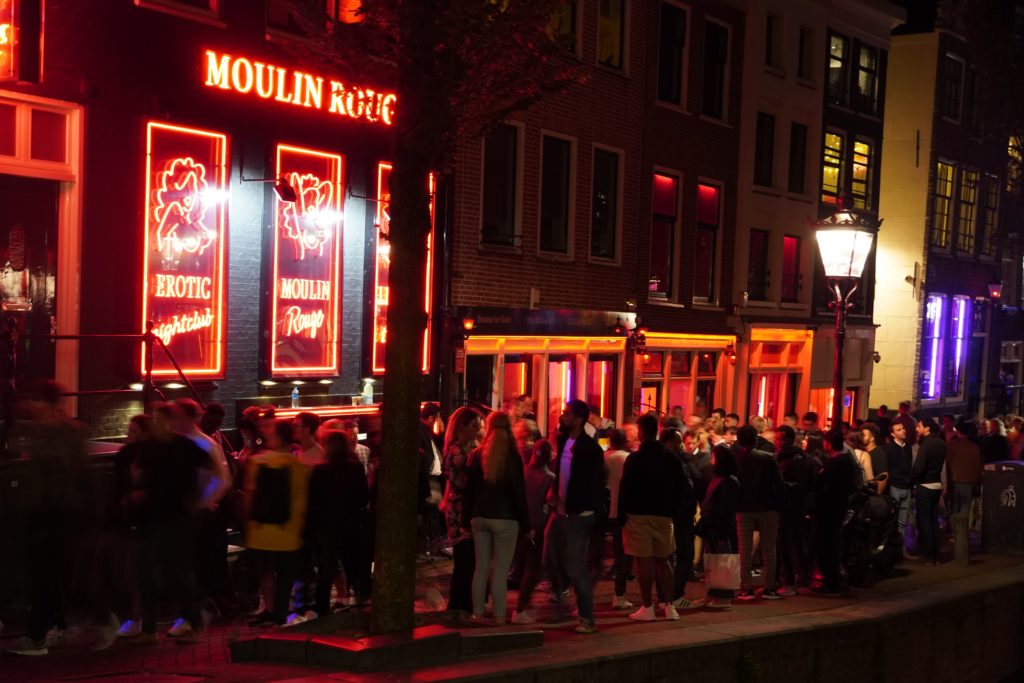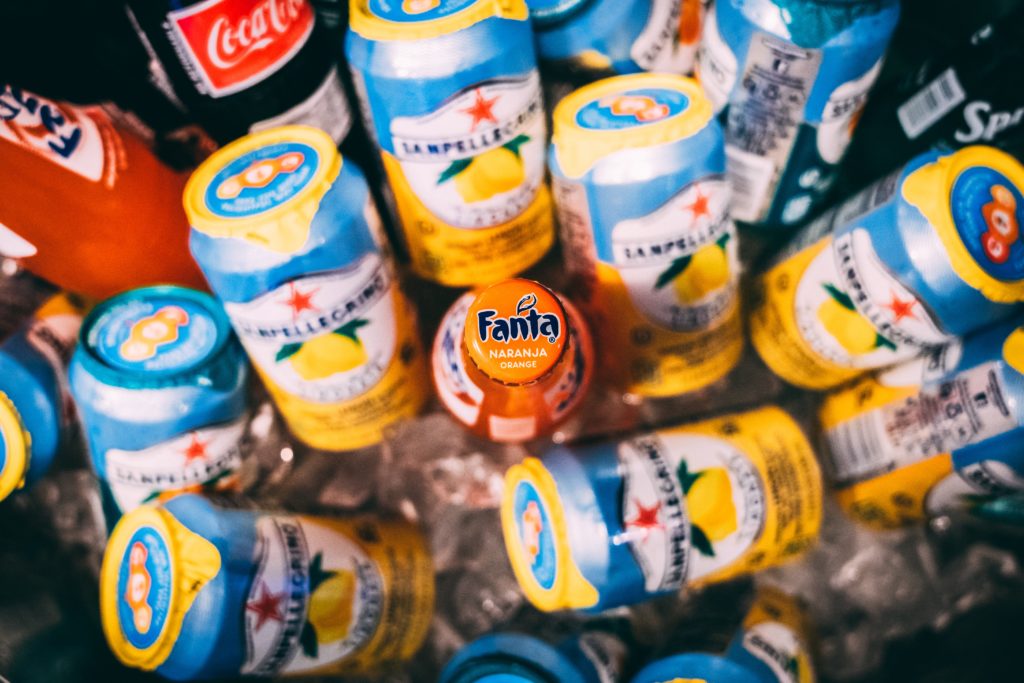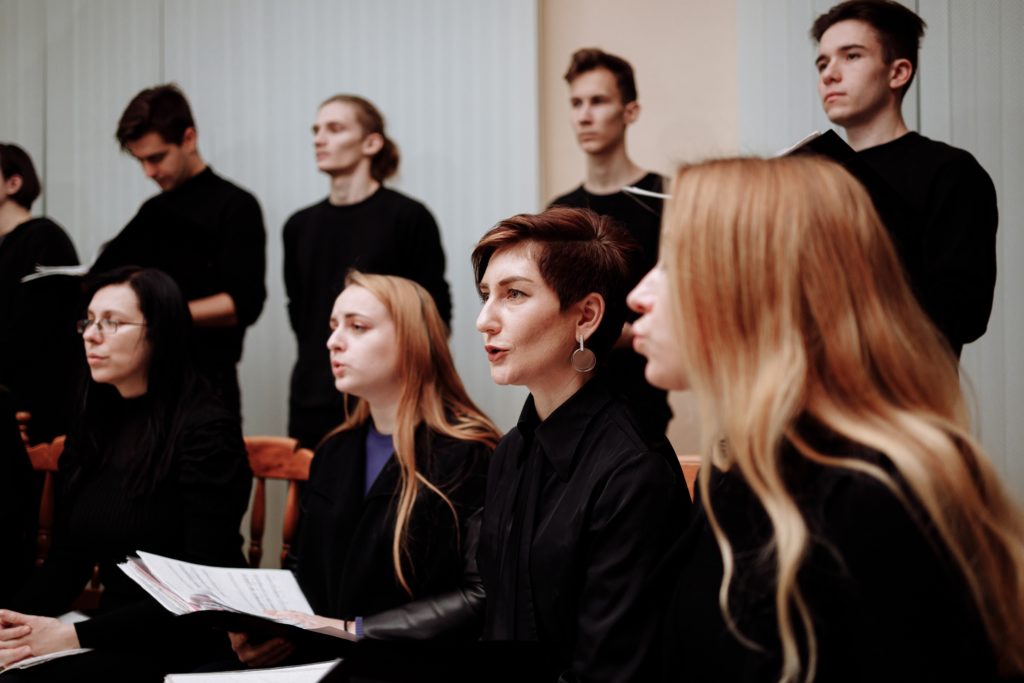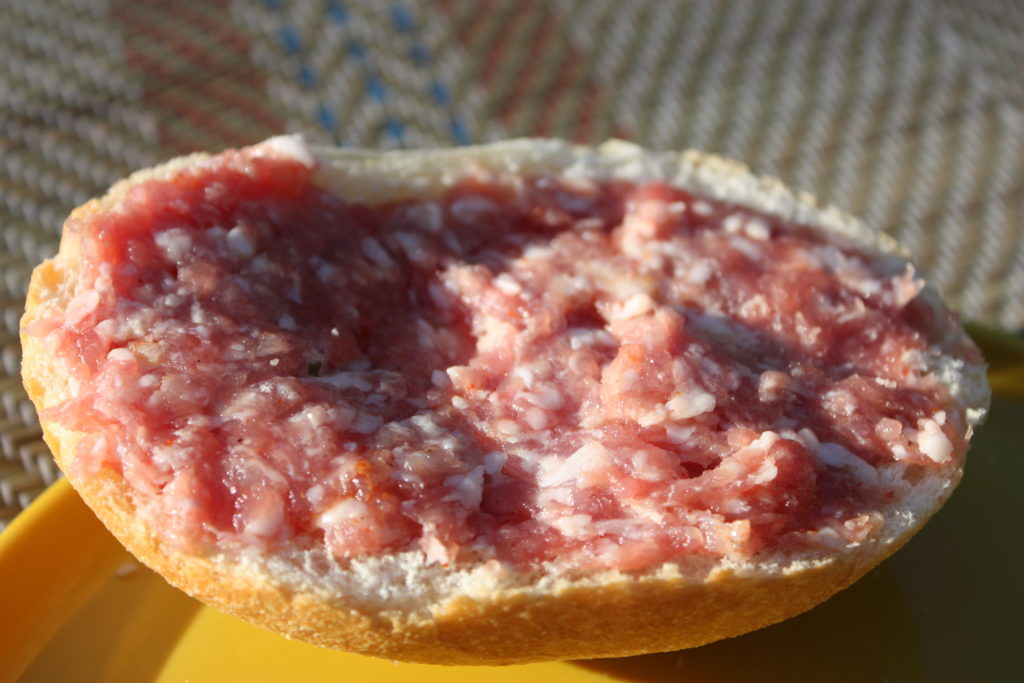When you think about Germany, you’ve certainly got the stereotypical German stuff in your mind — they make some seriously good vehicles, love sausages, and enjoy beer festivals. They are also always punctual and efficient.
However, if you have been living in Germany for a certain amount of time, you’re likely to notice a couple of quirks that just push you up the wall. You’re not alone!
Just like any country, the German culture is full of interesting aspects that may seem odd to foreigners. Here are some of the weird German things that most ex-pats notice after living in Germany for a few years.
Oktoberfest Begins in September

The Oktoberfest is the most significant global Volksfest—a beer fest and a funfair—that takes place every year in Munich, Bavaria, Germany. It is locally known as d’Wiesn, which is derived from Theresienwiese, the common nickname for the fairgrounds where the event is held.
The festival is an integral part of Bavarian history and has been conducted since 1810. Many cities around the world are now hosting the Oktoberfest, based after the traditional Munich event.
From its name, you may assume that the large festival, attended by around 7 million people, probably starts around October. Contrary to popular belief, it’s a 16-to 18-day folk festival lasting from mid-September to October’s first Sunday.
Why is it called Oktoberfest then?
The first Oktoberfest was held in Munich in 1810 in celebration of the union of Prince Ludwig and Princess Therese von Sachsen-Hildburghausen. The celebrations began on October 12, 1810, and continued about a week until October 17. The public festivities concluded with a spectacular horse race.
After such a magnificent gathering, the bride and groom agreed that the same sort of event should be repeated on a yearly basis. In the ensuing years, the galas were repeated every October, extended, and finally pushed forward to September mainly because of the heat and weather.
Schultüte

A schultüte, translated as ‘school cone,’ is a big cone-shaped container made of parchment, plastic, or cardboard. It is also known as Zuckertüte, translated as “sugar cone’, in some parts of Germany.
When kids in Germany, and areas of the Czech Republic along the German border, head out for their first day of class when they reach the first grade, their parents or grandparents greet them with this large cone decorated and lined with food, toys, cookies, candies, sweets, school supplies, and other special treats.
The cone is gifted to young students to make this long-anticipated and anxiously-awaited first day of school a little sweeter.
It originated around 1810 in Thuringia, Saxony-Anhalt, and Saxony, Germany. Historically, they are offered by grandparents who often take the child out for dinner in the evening before classes start.
Aside from Germany, the tradition is also continued in some areas of Poland, Austria, and German-speaking parts of Belgium and Switzerland.
Sex Work is Legal

In Germany, sex work is legal, including all facets of the sex industry, such as brothels, related ads, and work opportunities by HR firms. Full-service prostitution is commonly being regulated and monitored by the German Government, which charges taxes on sex work.
In 2002, the legislature amended the laws in an attempt to strengthen the legal status of sex workers. Condoms are also mandatory, as are other health and safety precautions.
It was outlawed by law in March 2020 to prevent the transmission of coronavirus. When the country and the rest of Europe started to reopen their markets and industries at the beginning of the summer, Germany’s ban on sex work remained in effect.
Drinking in Public is Popular

In comparison to so many other countries, consuming alcohol and, in particular, beer in public is not only legal but also quite popular in Germany. The Feierabendbier, directly translated as “end of work beer,” is still a vibrant part of the German drinking and working culture.
You will often see employees heading home or taking a bus with a can or a bottle of beer in their possession. However, note that on certain public trains or busses, it is illegal to drink alcohol. So, look out for warnings and signs.
It is also commonplace, particularly in summer, to have a beer in the park or on the beach. You don’t really need to shield your glass; just display it with confidence.
College is Free for Everyone

Everyone can attend college in Germany free of charge! Locals, Europeans, and even non-Europeans can study in Germany tuition-free. It doesn’t matter if you’re from the EU or the EEA.
This extends to nearly all public universities and their study programs. There’s a little catch—if you’re from outside the EU, you’ll have to get a residency permit before you arrive in the country. Then, you’ll have to complete your studies in Germany.
Back in 2014, the German Government introduced a resolution to remove international fees in all public universities and colleges. While the cost of studying in Germany remains significantly lower than elsewhere, in some constituent states, international tuition fees are being reintroduced.
The German Government Can Reject Weird Baby Names

In Germany, you should be able to tell the baby’s gender by their first name. Additionally, the name must not adversely impact the child’s well-being. Last names or names of products or objects cannot be used as first names as well.
The local Standesamt (Office of Vital Statistics) approves and rejects baby names when the child’s documents are registered. If the office refuses your suggested baby name, you can appeal the decision. But if you lose, you’re going to have to think of another name.
Each time you submit and apply a name, you need to pay a fee, so it can be expensive. When determining names, the Standesamt references a book that translates to “the international manual of the first names.” They also consult foreign embassies when dealing with non-German names.
Consequently, most parents opt for traditional and popular names like Sophie, Maximilian, Marie, and Alexander to avoid the hassle of appeals and fees.
Sundays Are Quiet

German Sundays are typically very peaceful and quiet. It might seem like there are no shops open and no one’s doing any house chores. Also, there seem to be fewer people going around. This is attributed to the rules that govern life in the country these days.
Apart from stores in petrol stations, railway stations, or airports, most shops are usually unavailable on Sundays. However, some restaurants, galleries, and transit centers are all allowed to operate. This is because of Ladenschlussgesetz or the “Store-Closing Act,” which restricts shops from opening and operating on Sundays.
It was adopted in former West Germany in 1956. The legislation remained with only minor changes until 2006. By then, individual states in Germany were given the responsibility to decide the number of time shops that could be opened.
Sunday is also a rest day at home in Germany. While what is called “Quiet law” differs from town to city, it is usually frowned upon to do any loud housework on Sundays in Germany.
Examples are the use of motor-driven lawn equipment, such as a lawnmower, or household appliances such as a noisy vacuum cleaner. Otherwise, if a neighbor feels you’re too loud or noisy, even if it’s not Sunday, you might be hit with a fine or summoned by the court.
Open Windows Will Make You Sick

Or at least that’s what German folklore will tell you. Many locals, particularly the elderly, would do whatever they can to escape Luftzug, the term for a draft of air passing through a closed area.
They believe that air movement will give you a cold, a fever, or a sore neck, So they keep windows on the trains and houses locked even as temperatures climb to egg-cooking heat.
However, there has been a change of behavior due to the pandemic. The German Government introduced ventilating rooms as a way to combat coronavirus. It is a piece of refreshing news for the country’s air hygiene advocates who have been lobbying for it to become official for quite some time.
It is becoming a nationwide obsession, with many Germans opening their windows twice a day, including in winter. The requirement is often used as a legally enforceable clause in lease agreements, primarily to protect against mold and foul smells.
Fanta Cake

Yes, THAT Fanta. Also known in Germany as Fantakuchen, it is a cake made of a chocolate sponge layer and whipped cream mixed with cream cheese and sugar on top. Another layer of Fanta jelly is added for a sweeter flavor.
It is a simple treat that is popular on children’s birthdays and Fasching (carnival) parties. The cake is simple to carve, easy to transport, and uncomplicated to bake. If you grew up in the country in the 80s and 90s, you might fondly remember this cake.
Germany’s history of Fanta is quite fascinating. Coco-Cola Deutschland was producing the beverage for the German market in the 1940s. During the Second World War, United States put a trade embargo. That meant the ingredients for Cocoa Cola had become impossible to source.
So, the president of the German Coca-Cola GmBH went on to make a drink that could be made with German ingredients.
Insulting Someone is Punishable by Law

The Beleidigunggesetz, or the law defending citizens from insults, is not always followed. The rule against offending another citizen in public has been in the records since 1871 and can be taken very seriously in Germany.
Paragraph 185 of Section 14 of the Criminal Code reads nearly exactly as it was drafted more than 145 years ago.
“An insult shall be punished with imprisonment not exceeding one year or a fine and if the insult is committed by means of an assault with imprisonment not exceeding two years.”
Hardly anybody winds up in prison for threatening their neighbors in the midst of a nasty fight. Laws against flipping the middle finger—the Stinkefinger, or the “stinky finger,” as the locals call it—are not strictly enforced either. Yet disputes may end up in court, and fines are sometimes issued out.
Germans Don’t Sing the Whole National Anthem

Das Deutschlandlied is fairly harmless compared to other national anthems around the world. It was composed by a revered composer, Joseph Haydn. It is nothing more than a symbol of “unity, law, and freedom.”
However, during the Nazi Regime, the first stanza was extensively used, unlike the second, and particularly the third, which did not suit the Nazi ideology.
After that, the song was tarnished with the Nazi brush. After the end of the Second World War, the newly formed Federal Republic of Germany was at a loss on what to do with the national anthem.
Since then, the German people have been singing the third stanza as an official anthem.
It is Bad Luck to Say “Happy Birthday” in Advance

Although Germans do not mind celebrating their birthday days or weeks after the event, its early celebration is considered unlucky. To be respectful to superstition, avoid greeting your German colleagues and friends a happy birthday until the actual day.
It’s a year of bad luck, according to popular belief, if someone wishes you a “Happy Birthday” or you open presents before the official day.
That’s not the only weird birthday-related practice in Germany.
If you work in an office, it is your duty to bring baked goods and other treats to your coworkers on your birthday. When you go out for a dinner celebration, you’re going to have to pay the bill, too.
This is why a majority of folks don’t mention their birthday at work, especially when they are not keen on paying for it.
Mett

Mett is a dish made of minced raw pork that is common in Germany and Belgium. A similar recipe is made from beef. It is usually served with salt and black pepper. And, they often add garlic, caraway, or chopped onion. Germans typically eat it raw, usually on a bread roll.
Mett is often served as a Mettigel at a buffet, translated as “mett hedgehog.” They are also sold in the form of mettwurst-a salty, raw sausage that is sometimes smoked. In Germany, the regulation mandates that no more than 35% of the mett be fat.
Germans often eat mett in the afternoon and evening. But, some locals enjoy it for breakfast as well.
Conclusion
Just like any country, German culture is a combination of interesting things that may surprise non-locals. These unique parts of living in Germany are what make the entire experience exciting.
Here’s a challenge, how many of these weird and quirky German things can you spot on your next visit to the country?